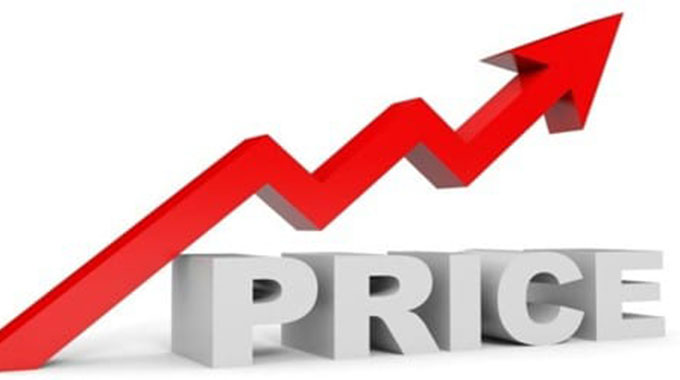Nigeria to triple energy prices, keep subsidy for poor

Nigeria plans to almost triple energy prices within weeks, people in the presidency with knowledge of the matter said, in a bid to attract new investment and slash about US$2,3 billion spent to cap tariffs.
Power companies will be allowed to raise prices to 200 naira (US$0,15) per kilowatt-hour from 68 naira for urban consumers this month, according to people who asked not to be identified because they aren’t authorised to speak on the matter. These customers represent 15 percent of the population that the government says consume 40 percent of the nation’s electricity, the people said.
Nigeria’s economy has been hobbled by the lack of power supply while an increasing subsidy burden has weighed on government finances, diverting capital from building roads and spending on health care. With the latest move, President Bola Tinubu wants to cut down on price distortions, which haven’t ended despite breaking the state-owned power firm into 11 distribution companies and six generation firms and selling them to investors.
“The regulator will make any pronouncements based on its discussion with the distribution and generating companies. The presidency cannot say anything at this stage,” Bayo Onanuga, a spokesman for the presidency said, adding that the “electricity sector is hurting.”
The move to raise the tariff follows pressure from Nigeria’s debt-burdened electricity distribution companies that want to charge a cost-reflective price to improve their finances, the people said.
While the country privatized generation and distribution in 2013, tariffs are set by the Nigeria Electricity Regulatory Commission, a government-controlled body. Power firms aren’t allowed to charge enough to recover the cost of distributing electricity, with the government paying the difference as a subsidy to companies in the sector.
The government has in the past said that electricity companies are short of an estimated 2 trillion naira in capital and need new investors to revive the industry.
The move will also help reduce government spending as it will now only subsidise the poor in rural areas. The intervention gulped around 120 billion naira monthly, before authorities devalued the currency at the end of January.









Comments